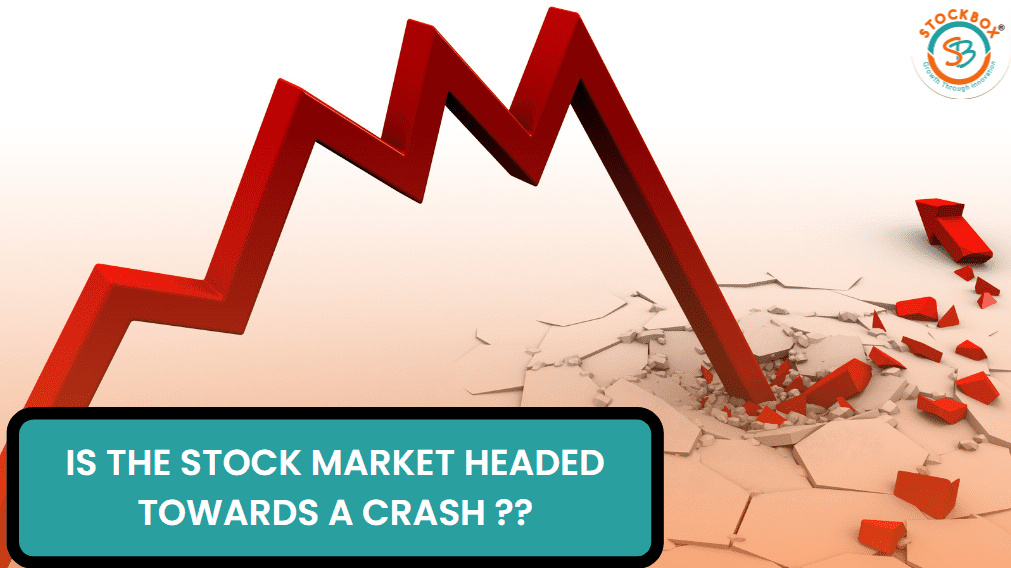The Indian stock market, known for its dynamism, evokes excitement and caution among investors and analysts. As economic conditions fluctuate and global events unfold, concerns about a potential market crash have started to emerge. However, predicting the future of the stock market is an intricate task, necessitating a comprehensive analysis of various factors that influence its trajectory. In this blog we’ll discuss about the factorS that can result in stock Market Crash.
Current Economic Landscape
Currently, the Indian economy is recovering from pandemic challenges, striving for stability and growth. The rollout of vaccination campaigns, government stimulus packages, and a gradual revival of economic activities have contributed to a sense of optimism. Consequently, the stock market has witnessed periods of growth, reflecting investor confidence in the recovery process.
Key Factors to Consider
While the current economic conditions may seem positive. But it is essential to acknowledge the factors that could potentially trigger a market downturn:
Global Economic Conditions: The interconnectedness of the global economy implies that international events can significantly impact the Indian stock market. A sudden economic slowdown in major economies could lead to a ripple effect, affecting investor sentiment and causing market volatility.
Inflation and Interest Rates: Persistent inflation and subsequent central bank decisions to raise interest rates can dampen economic growth and corporate profitability, leading to a decline in stock prices.
Corporate Earnings: The financial performance of companies plays a crucial role in determining stock market trends. A consistent downturn in corporate earnings could lead to a negative outlook for the market.
Geopolitical Tensions: Political instability and geopolitical tensions can create an atmosphere of uncertainty, prompting investors to adopt a cautious approach and potentially leading to a market downturn.
Regulatory Changes: Alterations in regulatory policies or sudden changes in government regulations can impact specific sectors or industries, influencing overall market sentiment.
Market Sentiment and Speculation: Emotional responses and speculative trading practices can result in exaggerated market movements, potentially exacerbating Stock market crash.
Conclusion
The Indian stock market is influenced by a myriad of interconnected factors, making accurate predictions exceedingly complex. Current indicators suggest that the market is on a path of recovery, bolstered by economic revival efforts and investor confidence.
To mitigate potential risks, investors should focus on diversification, research, and a long-term investment strategy. Keeping track of global economic trends, monitoring corporate earnings, and avoiding speculative trends aids informed investing.
In the ever-evolving landscape of the stock market, one thing remains certain: volatility is inherent. Though a crash is possible, the market may exhibit resilience, offering opportunities for investors amidst uncertainty. Despite fluctuations, the stock market’s resilience reflects the robustness of the global economy and human perseverance.

